
While most YouTube users are simply visitors to the site, a minority produce their own content and upload it to the platform for others to enjoy.
Some can make a decent living when they enter a revenue-sharing agreement with YouTube but when things go wrong, those earnings can stop in an instant. According to popular YouTuber DJ Short-E (real name Erik Mishiyev), this happened to him – and he’s blaming the whole thing on YouTube using copyright-strikes as “retaliation” to his threats of a lawsuit.
In a complaint filed in a California federal court Wednesday, Mishiyev describes himself as a “well-known Journalist and DJ, known as ‘Short-E’, who publishes original music, DJ mixes, and celebrity interviews in videos on YouTube.”
Since 2007, Mishiyev says he’s run two YouTube channels – ‘djshortehot4eva’ and ‘theshorteshow’. These channels were monetized following an agreement with YouTube and after developing a subscriber base of 250,000 users, his channels generated more than 110 million views. For this, YouTube paid him $310,000 over a five-year period.
In March 2016, Mishiyev claims he began receiving copyright claims on his “highest advertisement revenue videos”. He says he responded with counter-claims to avoid YouTube’s “three strikes” process which would’ve disabled his channel. However, he reports that all claims were won and his channel was re-instated for monetization.
A year later, Mishiyev says YouTube recognized him as a successful contributor by handing him a “Silver Creator Award” for reaching 100,000 subscribers. However, despite growing his audience at a rate of around 4,000 subscribers per month, views remained low when compared to similar channels.
“Plaintiff was concerned about this suspicious activity and sought confirmation numerous times from YOUTUBE that they were truly distributing his new videos to his fans and subscribers, but YOUTUBE failed to provide such confirmation, stating ‘They could not share this information’ with him,” the complaint notes.
Mishiyev includes an email from one of his subscribers to back up his claims that YouTube failed to promote his content as per his agreement with the company.
“I subscribed to both of your channels and turned my notifications on for you so I would know when you uploaded new videos,” it reads.
“I subscribed about 2 weeks ago and haven’t got a single notification from youtube but I noticed you have uploaded many new videos since I subscribed [to your channels]. Please fix this problem, i’m sure there are many other people who haven’t been notified either and that’s why I noticed your views are very low compared to other similar channels.”
According to Mishiyev, YouTube’s failure to promote his content would cause him to lose $125,000 in revenue over a three-year period but after losing faith in YouTube’s support team, he told the company he would be filing a lawsuit if its conduct persisted.
In response, on December 18, 2018, YouTube reportedly sent a notice saying that they would be terminating Mishiyev’s accounts and removing his content. The very next day, serious copyright problems began.
“On December 15, 2018 through January 15, 2019, Plaintiff was abruptly bombarded with copyright claims like he never had been before the entire time he had been managing and growing his channels,” the complaint notes.
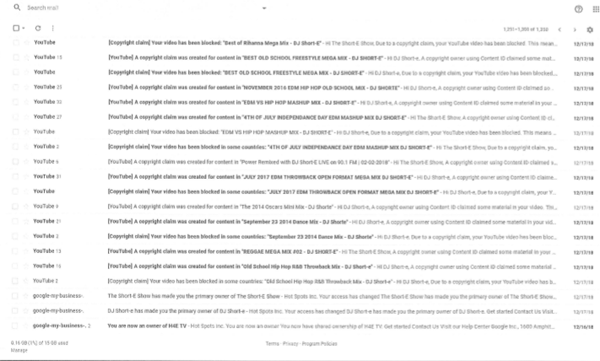
On January 22, 2018, YouTube reportedly blocked access to all of Mishiyev’s videos, replacing them with a notice that they had been removed due “to a copyright claim.” YouTube then placed “strikes” on his account but Mishiyev says that YouTube’s actions were actually in response to his threat of a lawsuit.
“Although YOUTUBE stated they removed his channels and videos for copyright claims, the removals appeared to Plaintiff to be in retaliation for his placing them on notice that he would be filing a lawsuit,” Mishiyev’s lawyers write.
According to the YouTuber, he followed the company’s rules by submitting counter-notices as required by the DMCA, noting that every time he had done that in the past he had prevailed since no one ever filed a lawsuit against him.
Generally, when a counter-notification is filed and there is no lawsuit notification from a complainant, content goes back up. But YouTube apparently wrote back saying that at least some of Mishiyev’s counter-notices were “ineligible.”
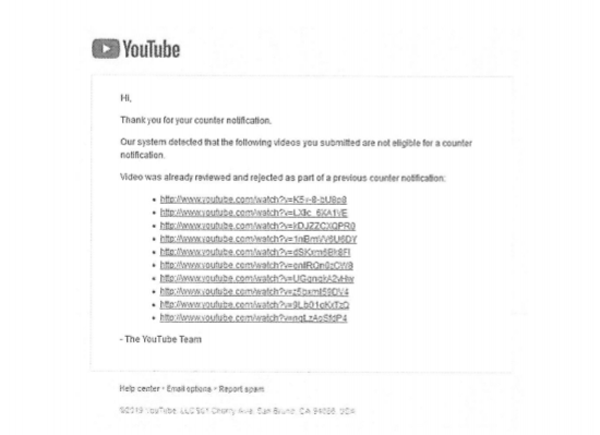
The complaint adds that YouTube later retracted its statement that the videos were ineligible for counter-notification and promised to process them. It’s not clear what happened next but it didn’t help Mishiyev’s predicament.
“To date, Plaintiff’s strikes have not been removed, his counter claims have
not been processed, and his videos and channels have been permanently removed, though no claimants presented evidence that they filed any lawsuits. Thus, evidencing that YOUTUBE did not simply remove his content because of copyright claims, but instead in retaliation for placing them on notice that he was filing a lawsuit against them,” the complaint asserts.
As a result, the now-former YouTuber says he lost $90,000 in revenue between January 2019 and July 2019, adding that when lost subscribers, views, future views, performance bookings, and lost advertising and sponsorship deals are taken into account, YouTube’s actions have caused him damages of $720,000, for which he demands compensation in full.
Mishiyev is suing YouTube for breach of contract, interference with contractual relations, interference and negligent interference with economic advantage, and negligence. He also demands an injunction preventing YouTube from “banning Plaintiff from the full use of the internet and YOUTUBE’s services.”
The complaint plus supporting documents can be found here 1,2,3,4,5 (pdf)
Source: TF, for the latest info on copyright, file-sharing, torrent sites and more. We also have VPN reviews, discounts, offers and coupons.

 Here are part one and two of our chat with
Here are part one and two of our chat with 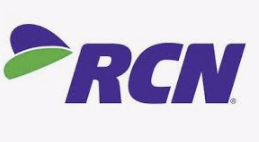



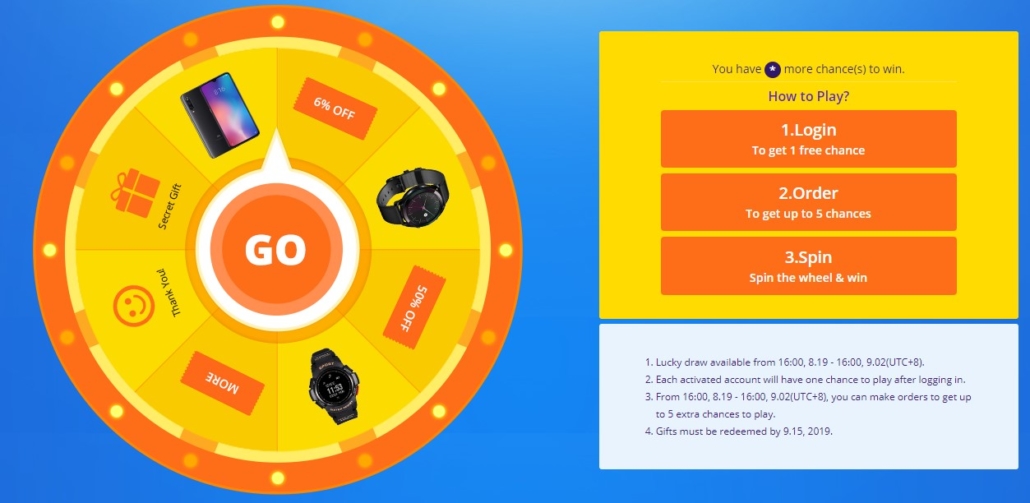



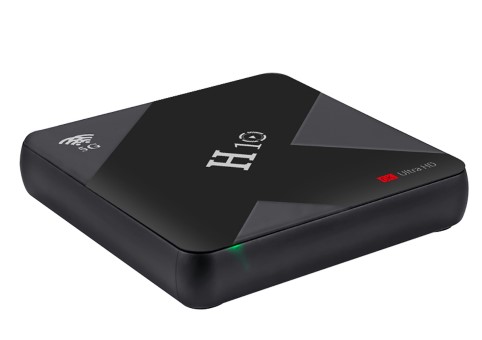



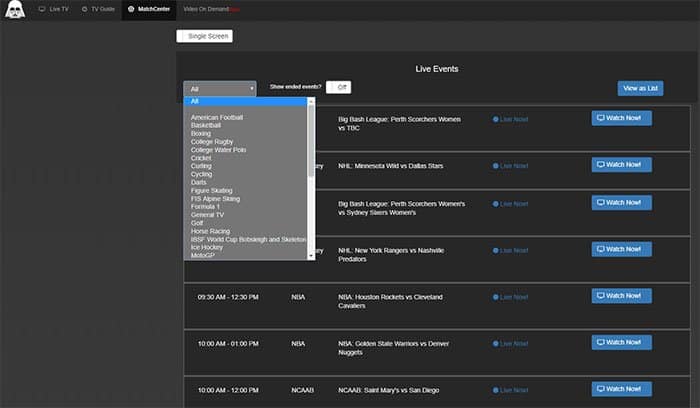


 This week we have one newcomer in our chart.
This week we have one newcomer in our chart.